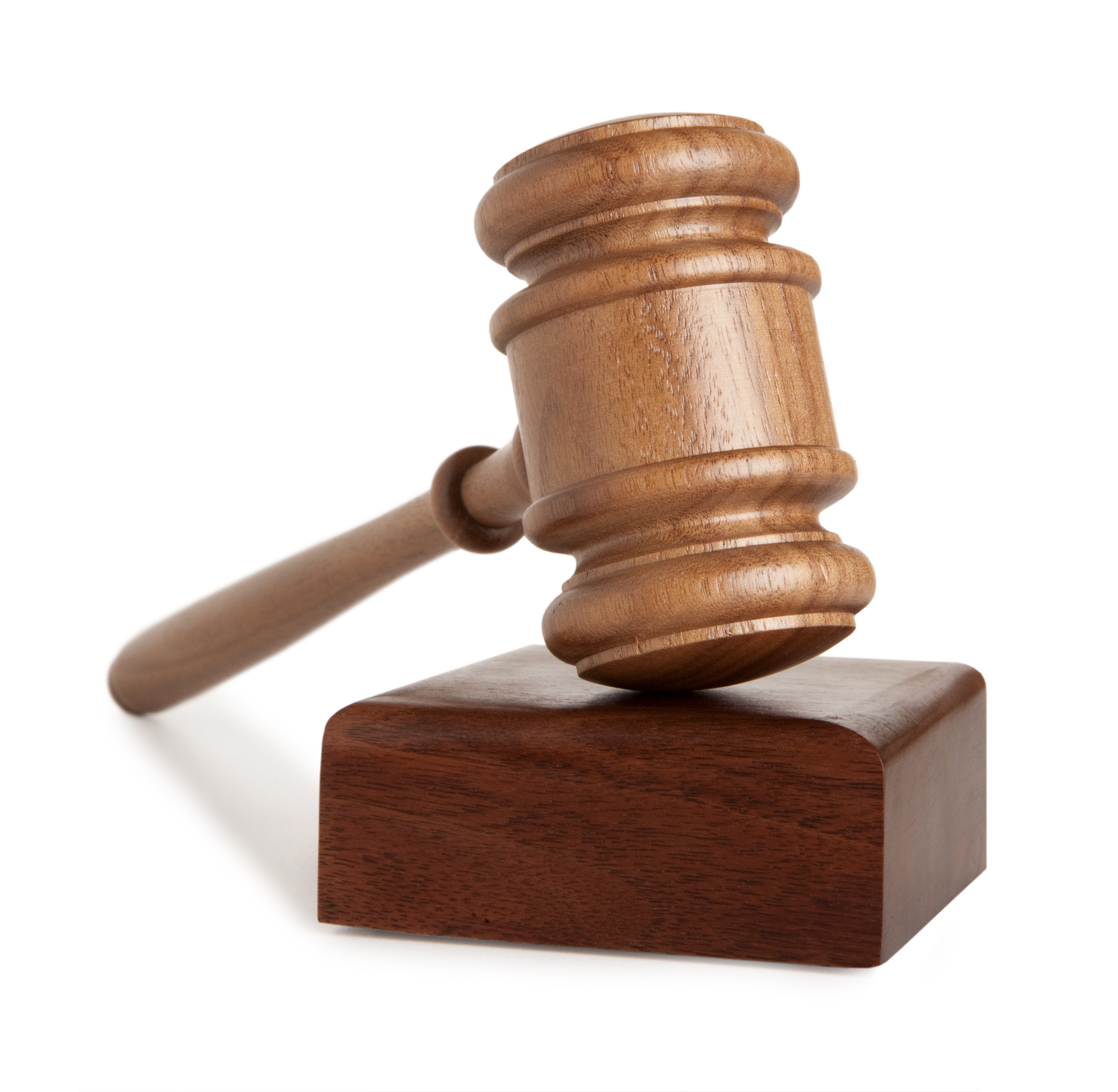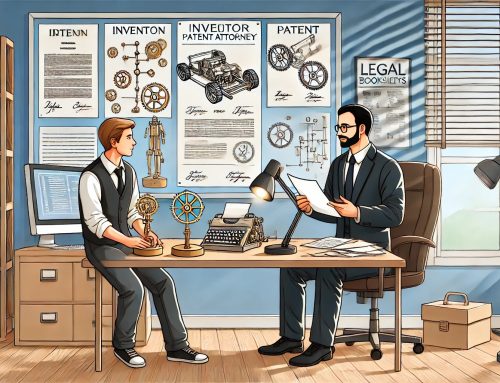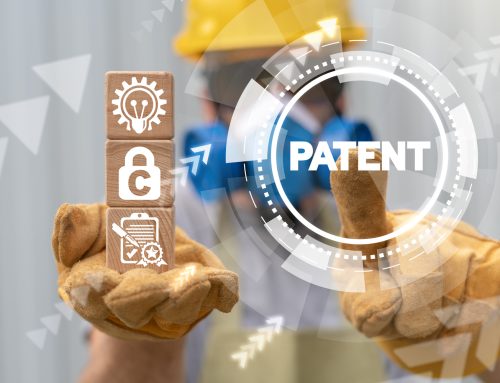Federal Rule of Civil Procedure 26(b)(1) permits parties, through their patent attorney, to obtain discovery regarding any non-privileged matter that is relevant to any party’s claim or defense. However, this permission includes boundaries for which a patent attorney cannot cross. For instance, the Court can limit what the patent attorney may discover where the burden or expense of the proposed discovery outweighs its likely benefit, considering the needs of the case, the amount in controversy, the parties’ resources, the importance of the issues at stake in the lawsuit, and the importance of the discovery in resolving the issues.
Federal Rules of Civil Procedure 30(b)(6) provides a mechanism by which a patent attorney can depose corporations. The corporation must designate a person or persons who consent to sit through a deposition to answer patent patent attorney questions. The deponent has a duty to be knowledgeable in order to answer the inquires from the inquiring patent attorney. In addition, the designating party has a duty to prepare the witness for the patent attorney’s questions. When a corporation designates a person to answer patent attorney’s questions in deposition, the corporation appears vicariously through that agent.
In some instances, a party may fail to designate a witness to be questioned by the inquiring patent attorney. In which case, the court may allow the inquiring patent attorney to take addition deposition testimony. This may be particularly true when the inquiring patent attorney seeks answers to relevant facts that the designated witness is unable to answer because an organization has clear and important duties to designate and prepare a witness for patent attorney questioning. The federal rules require designated witness to answer patent attorney questions for which the witness prepared, and also those questions that should be reasonably known by the designating party. In many cases, the designating party has a duty to designate more than one individual because a designating party may know of multiple individuals best able to respond and answer the inquiring patent attorneys questions about relevant facts. Failure to respond to those facts that should be reasonably known by the designating party is not an appearance at all.







